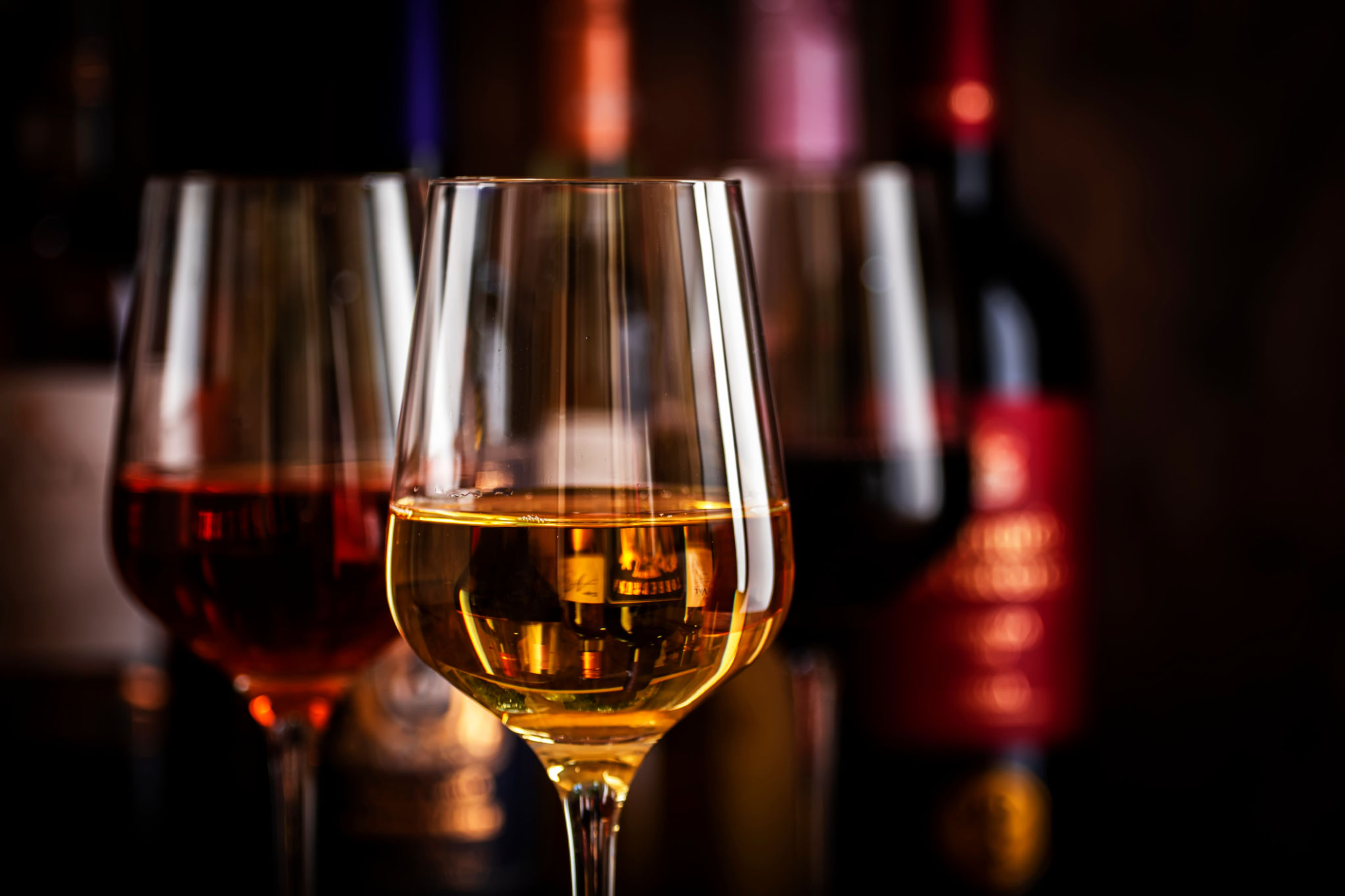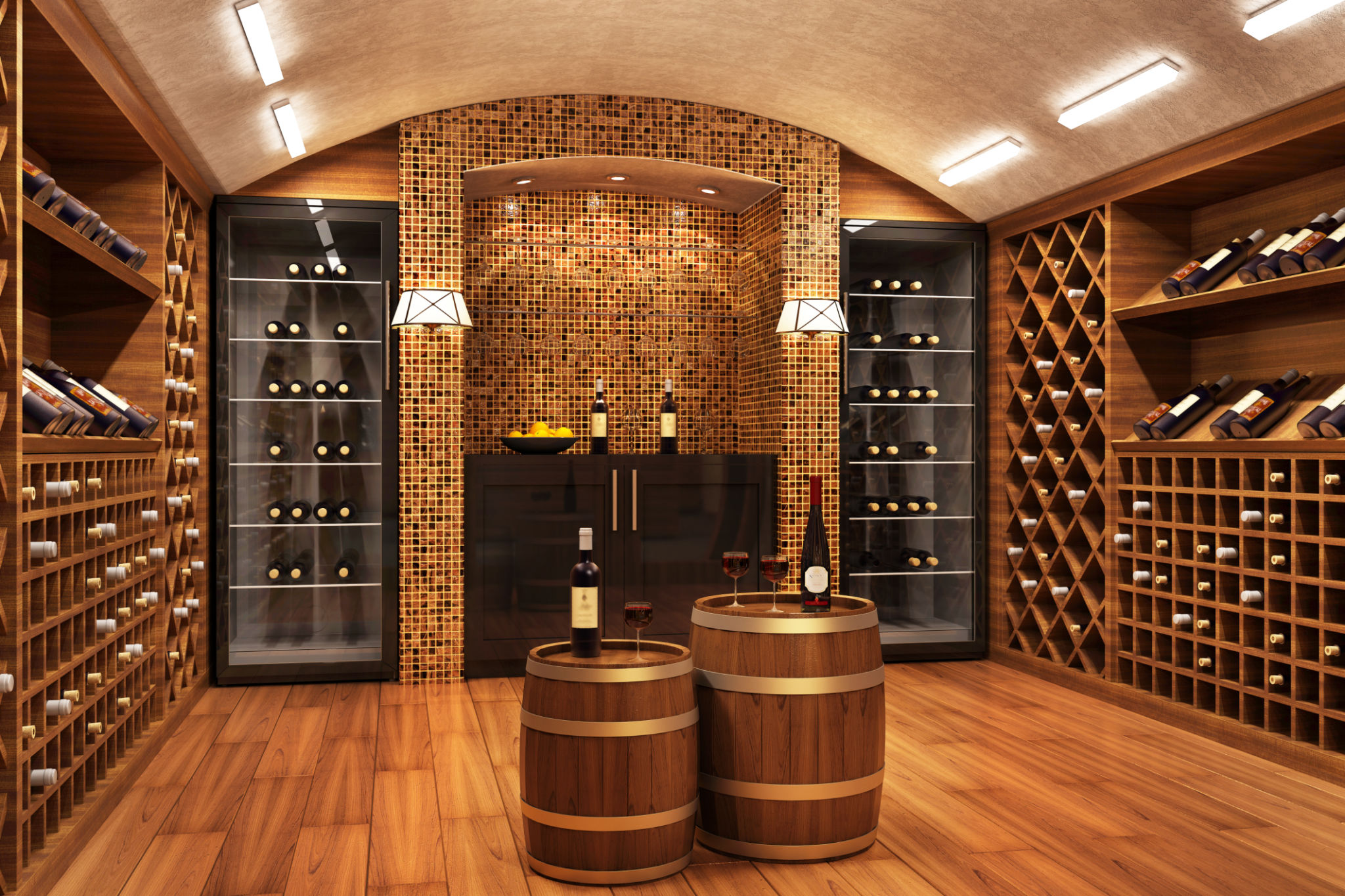Choosing Between Wine Fridges and Traditional Cellars: What’s Best for You?
RW
Understanding Your Storage Needs
When deciding between a wine fridge and a traditional cellar, the first consideration should be your storage needs. Are you a casual collector with a small selection, or do you have an extensive collection that requires ample space? A wine fridge is ideal for those with limited space or smaller collections, offering precise temperature control and convenience. On the other hand, a traditional wine cellar is often more suitable for serious collectors who need significant storage capacity and are looking to age wines over many years.

Temperature and Humidity Control
Both wine fridges and traditional cellars offer ways to maintain the optimal climate for your wines, but they do so differently. Wine fridges come equipped with advanced temperature controls and often have dual-zone capabilities to store different types of wine at their ideal temperatures. Meanwhile, a traditional cellar relies on natural insulation and sometimes additional technology to keep conditions steady. Humidity control is particularly crucial in cellars to prevent corks from drying out.
Budget Considerations
Your budget is also a major factor in choosing between a wine fridge and a cellar. Wine fridges vary widely in price based on their size and features. They can be a more affordable option for those looking to store wine without a large financial commitment. In contrast, constructing a traditional wine cellar can be a significant investment, often involving renovation work and specialized materials to ensure proper insulation and climate control.

Space Availability
The available space in your home can greatly influence your decision as well. Wine fridges come in various sizes, from compact models that fit under kitchen counters to larger standalone units. They are perfect for urban living where space is at a premium. Traditional cellars, however, require more substantial space and are typically located in basements or dedicated rooms.
Aesthetic and Value
While functionality is key, the aesthetic appeal of your wine storage solution can also play a role in your decision. Wine fridges can blend seamlessly with modern kitchen designs and add a touch of sophistication. A traditional cellar, however, can significantly enhance the value of your home, offering a classic and luxurious feel that appeals to many wine enthusiasts.

Wine Aging Potential
If your primary goal is to age wines, a traditional cellar may be more conducive to this purpose. The steady conditions of a cellar are ideal for long-term aging, allowing wines to develop complex flavors over time. However, some high-end wine fridges offer similar capabilities with advanced technology that replicates these conditions.
Maintenance and Upkeep
The maintenance required for each option can differ significantly. Wine fridges generally demand less upkeep, with tasks limited to cleaning and occasional filter changes. Traditional cellars might require more attention, especially if they include specialized climate control systems that need regular checks and maintenance.
Conclusion: Determining the Best Fit for You
Ultimately, the choice between a wine fridge and a traditional cellar depends on your personal preferences, lifestyle, and goals as a wine collector. Consider the size of your collection, your available space, budget constraints, and how you plan to enjoy your wine over time. By weighing these factors carefully, you can select the ideal storage solution that meets your needs and enhances your wine enjoyment experience.
